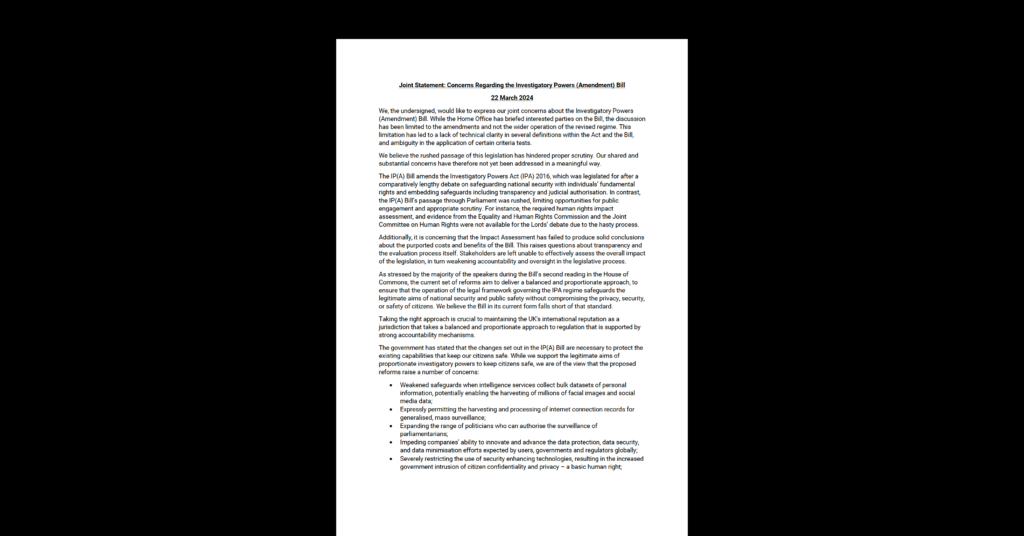European Policy, Open Internet
Joint Letter Calling for More Transparency Around EU Copyright Directive
The Center for Democracy & Technology joined in signing a letter to European Commissioners calling for greater transparency and dialogue around the upload filtering mandates included in the Directive on Copyright. Text of the letter is below and the full letter with signatories can be viewed here.
The undersigned stakeholders represent users’ organizations, fundamental and digital rights organizations, the knowledge community (in particular libraries), free and open-source software developers, and organizations of users as consumers and creators of content from across the European Union.
The European Commission organized a series of Stakeholder Dialogues in line with the Directive on Copyright in the Digital Single Market (DSM Directive) Article 17 (10). We appreciate that user representation was ensured throughout the series of Stakeholder Dialogues so that we could express our concerns and preferred solutions for the transposition of Article 17.
According to the DSM Directive, the Commission shall issue guidance on the application of Article 17 after the last Stakeholder Dialogue, which is scheduled for the spring of 2020.
To ensure an adequate level of transparency, the undersigned organizations believe that the guidelines, drafted by the Commission, should not be the final step of the dialogue but instead part of the discussion. We believe that once the draft guidelines have been finalized, they should be opened to consultation with the participants of the Stakeholder Dialogues and the broader public. The purpose of this consultation should be to seek feedback on whether the document can be further improved to ensure compliance with the Charter of Fundamental Rights.
This request is based on the requirement of transparency, which is a core principle of the rule of law. This means laws are crafted under the principle of legal certainty under a transparent, accountable, and democratic process.
The DSM Directive as adopted does not provide sufficient legal certainty as to the rights and obligations of those affected by the legislation. This is why we need the guidelines: to ensure that Article 17 is transposed correctly and uniformly by member states.
The undersigned organizations would like to ensure that the guidelines are in line with the right to freedom of expression and information and also data protection guaranteed by the Charter of Fundamental Rights. We aim to ensure that the transposition of Article 17 (4) (a) (b) (c) is implemented by governments and private parties without interference of Articles 8 and 11 of the Charter. The guidelines must ensure that the protection of “legitimate uses, such as uses under exceptions or limitations” as required by Article 17(9) of the Directive takes precedence over any measures implemented by online content-sharing service providers (OCSSPs) to comply with their obligations under 17(4) (b) (c). Automated filtering technologies can only be used if OCSSPs can demonstrate that their use does not affect legitimate uses in any negative ways.
The undersigned organizations have, on numerous occasions throughout the legislative debate and the Stakeholder Dialogue, expressed their very explicit concerns about upload filters, the exceptions and limitations and the problem of the liability regime set out in the DSM Directive.
These concerns have also been shared by the broad academic community of intellectual property scholars.


